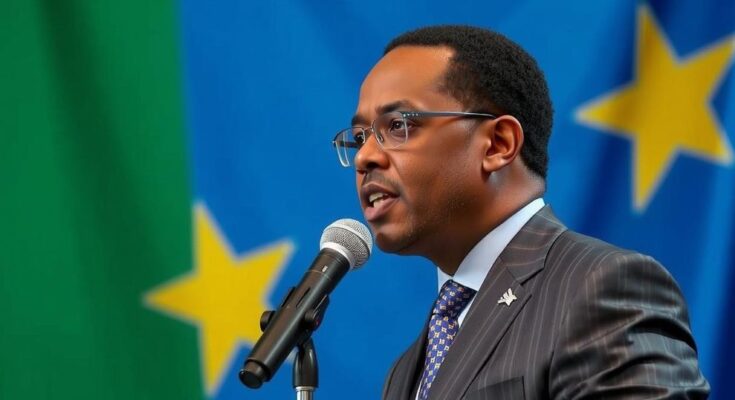Abdirahman Mohamed Abdullahi has won the presidential election in Somaliland, defeating the incumbent President Muse Bihi Abdi. Abdullahi received 64% of the votes in the November 13 elections, as announced by the electoral body in Garowe, indicating a significant shift in the region’s political landscape.
In a significant political shift, Abdirahman Mohamed Abdullahi, an opposition leader, has emerged victorious in the recent elections held in Somaliland. According to the electoral commission’s announcement made on November 14, Abdullahi secured approximately 64% of the votes, a decisive win against the incumbent President Muse Bihi Abdi, who received around 34%. This election marks a critical moment for the semi-autonomous region, indicating a noteworthy change in its leadership and potentially altering its political landscape.
Somaliland, which declared independence from Somalia in 1991, operates as a self-governing entity despite not being internationally recognized as a sovereign state. The region has maintained a degree of stability compared to the broader conflict within Somalia. The recent elections reflect the democratic processes in Somaliland, showcasing the citizens’ engagement in governance and their desire for leadership change in response to various socio-political challenges. Abdirahman Mohamed Abdullahi’s win indicates a potential shift in policy direction for the region.
In conclusion, the election of Abdirahman Mohamed Abdullahi as the new president of Somaliland represents a pivotal transition in the region’s governance. With a substantial majority in the ballots, his leadership could signify a new phase of political dynamics in the area. This electoral outcome not only reflects the will of the populace but also underscores the ongoing commitment to democratic processes in Somaliland amid its quest for recognition and stability.
Original Source: www.bnnbloomberg.ca




